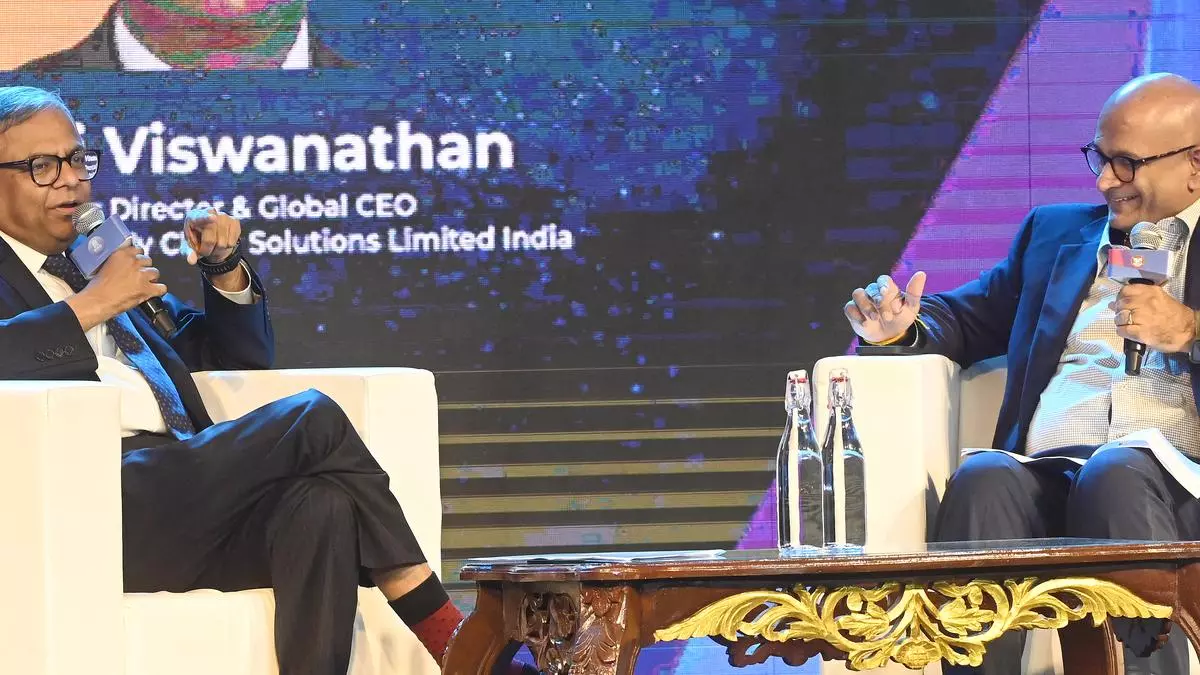
Twice a year, Americans endure the ritual of shifting their clocks, a practice originally designed for energy savings and practicality. But is this age-old tradition nearing its demise? Growing frustration from health experts, state lawmakers, and even billionaire Elon Musk has reignited the debate, putting the future of daylight saving time (DST) under intense scrutiny.
States Take Matters Into Their Own Hands
While Congress drags its feet, states like New Jersey and Washington are leading the charge to ditch clock changes once and for all. Their approaches, however, couldn’t be more different.
In New Jersey, Senate Bill S1510 is gaining traction, proposing permanent daylight saving time to give residents those cherished longer evenings. Sounds great, right? There’s just one catch: Congress needs to approve it. Without federal backing, the plan remains in limbo.
Washington, on the other hand, is taking a bold new approach. State Senator Jeff Wilson has introduced a bill to adopt permanent standard time, avoiding the need for Congressional approval altogether. If successful, Washington could finally escape the dreaded time shifts.
But Washington’s history with DST is complicated. Back in 2019, the state passed a law to adopt permanent daylight saving time. Guess what? It’s been sitting on the shelf ever since, thanks to—you guessed it—Congress.
The Dark Side of Daylight Saving Time
As charming as extra evening light might seem, the costs of daylight saving time are anything but trivial. Experts like Dr. Adam Spira, a leading sleep scientist, warn of the health hazards tied to these time shifts. Here’s what happens when the clocks spring forward or fall back:
- Sleeplessness: Circadian rhythms go haywire, leaving people groggy and irritable.
- Health risks: Heart attacks and strokes spike right after the changes.
- Accidents: Roads and workplaces become more dangerous as everyone adjusts.
And that’s not all. A report from the Association of Washington Business estimates the economic cost of DST disruptions at a staggering $340 million per year. Is that a price Americans are still willing to pay?
Elon Musk Weighs In: ‘Abolish the Annoying Time Changes!’
Leave it to Elon Musk to shake up the conversation. In a recent tweet, the billionaire behind Tesla and SpaceX declared, “Looks like people want to abolish the annoying time changes!” Musk’s star power and platform have reignited debate, adding momentum to a movement that’s been gaining steam for years.
It’s not the first time the U.S. has flirted with permanent DST. In 1974, amid an energy crisis, the government made the switch. The result? Public outrage, especially from parents worried about kids walking to school in pitch darkness. The backlash was so intense that the policy was scrapped in less than a year.
The Choices on the Table
So, what are the options for solving this age-old debate? Here’s a quick rundown:
| Option | Pros | Cons |
|---|---|---|
| Permanent standard time | Healthier, aligns with natural rhythms | Shorter daylight hours in the evening |
| Permanent daylight saving time | Longer evenings, happier moods | Dark mornings, increased health risks |
| Status quo | Familiar routine | Continued health and economic fallout |
It’s a classic case of no perfect answer. Advocates on both sides are deeply entrenched, leaving Congress with the unenviable task of finding common ground.
Congress Holds the Key, but Will It Act?
Here’s the kicker: no matter what states decide, the ultimate call rests with Congress. Over 20 states have passed laws supporting permanent daylight saving time, yet none can implement them without federal approval. The lack of consensus—and the need to address regional differences—has stalled progress.
As Americans grow increasingly fed up with the clock changes, the pressure is mounting. Will Congress finally end this long-standing debate? Or will the nation be stuck in the same time loop, year after year?
One thing’s for sure: the clock is ticking, and the fight over daylight saving time is far from over.
Got a reaction? Share your thoughts in the comments
Enjoyed this article? Subscribe to our free newsletter for engaging stories, exclusive content, and the latest news.









Leave a Comment